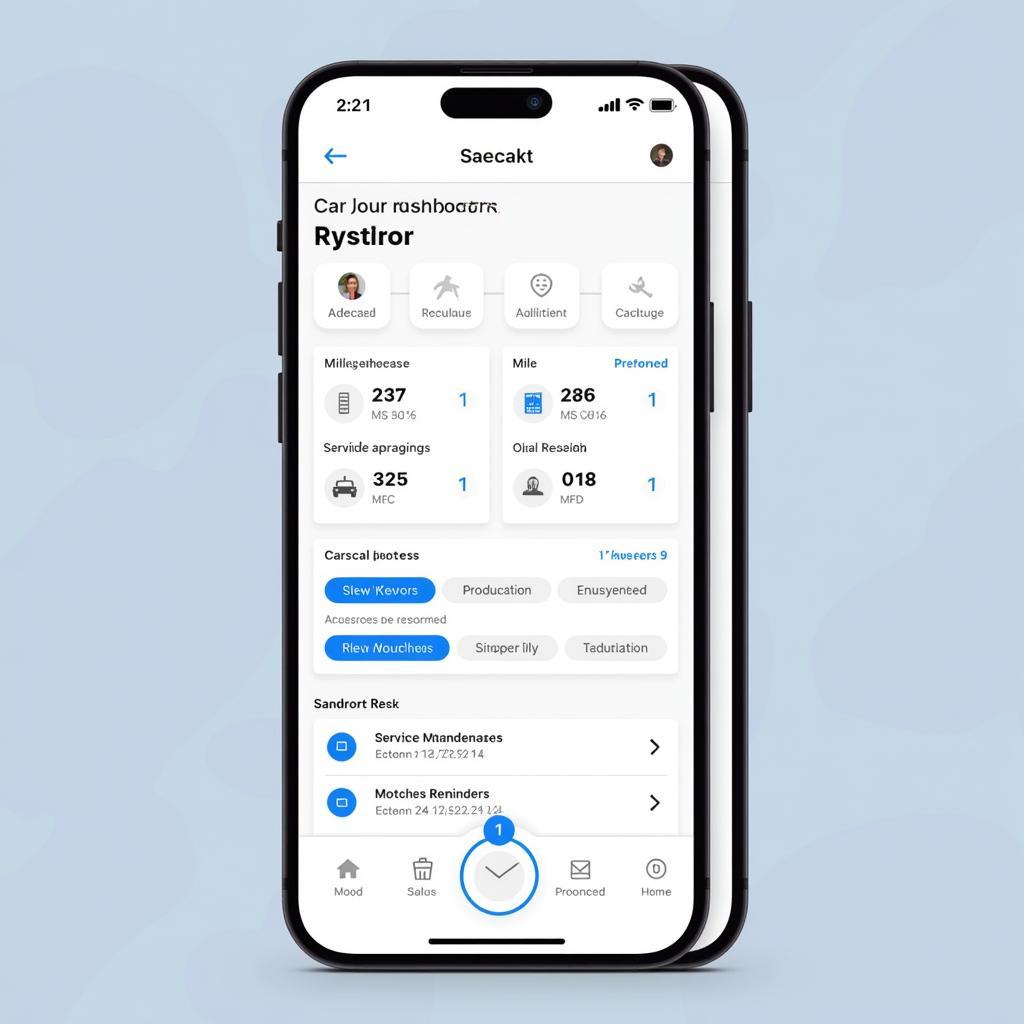Ignition coil problems can be a real headache, leaving you stranded and frustrated. This article dives deep into the common issues, symptoms, and solutions related to Ignition Coil Problems In Cars, providing you with the knowledge to tackle these issues head-on. We’ll cover everything from diagnosing the problem to replacing the coil yourself. cara mengatasi window detected a hardisk problem
Understanding the Ignition Coil’s Role
The ignition coil is a vital component of your car’s ignition system. It transforms the low voltage from the battery into the high voltage needed to create a spark at the spark plugs. This spark ignites the air-fuel mixture in the cylinders, powering your engine. A malfunctioning ignition coil can lead to a variety of performance issues, ranging from misfires to a complete engine stall.
Common Ignition Coil Problems
Several factors can contribute to ignition coil problems. Over time, exposure to high temperatures and voltage can cause the coil’s internal windings to break down. Other culprits include damaged spark plug wires, faulty spark plugs, and cracks in the coil housing itself.
Symptoms of a Bad Ignition Coil
How do you know if your ignition coil is acting up? Look out for these telltale signs:
- Engine misfires: This is often the most noticeable symptom. The engine may feel rough and jerky, especially under acceleration.
- Reduced fuel economy: A failing ignition coil can lead to incomplete combustion, wasting fuel and lowering your mileage.
- Difficulty starting the engine: If the coil is completely dead, your car might not start at all.
- Check engine light: This light can illuminate for various reasons, but a faulty ignition coil is a common culprit.
- Rough idling: The engine may idle unevenly or stall when at a stop.
Diagnosing Ignition Coil Problems
Diagnosing a bad ignition coil can be done using a few simple methods:
- Visual inspection: Look for cracks, burns, or corrosion on the coil and its wiring.
- Spark plug test: Remove a spark plug and check for a strong blue spark. A weak or absent spark indicates a potential coil issue.
- Using a multimeter: Test the coil’s primary and secondary resistance using a multimeter. Compare the readings with the manufacturer’s specifications.
- OBD-II scanner: Retrieve diagnostic trouble codes (DTCs) related to the ignition system using an OBD-II scanner.
What does a bad ignition coil sound like?
A bad ignition coil can cause a variety of sounds, from a subtle ticking or clicking to a more pronounced popping or backfiring.
Replacing an Ignition Coil
Replacing an ignition coil is a relatively straightforward process that can often be done at home with basic tools.
- Disconnect the battery: Always disconnect the negative battery terminal before working on any electrical components.
- Locate the ignition coil: Consult your car’s repair manual to find the location of the ignition coil(s).
- Remove the electrical connectors: Carefully disconnect the electrical connectors attached to the coil.
- Remove the mounting bolts: Unscrew the bolts holding the coil in place.
- Install the new coil: Install the new coil in reverse order, ensuring all connections are secure.
cara mengatasi windows detected a hardisk problem windows 8
How long does it take to replace an ignition coil?
Replacing an ignition coil typically takes between 30 minutes to an hour, depending on the vehicle’s make and model.
Conclusion
Ignition coil problems can significantly impact your car’s performance and reliability. By understanding the symptoms, diagnostic procedures, and replacement process, you can effectively address these issues and keep your vehicle running smoothly. Remember, regular maintenance and timely repairs are crucial for preventing more serious problems down the road. For further assistance or specialized support, don’t hesitate to connect with us at AutoTipPro. Our phone number is +1 (641) 206-8880 and our office is located at 500 N St Mary’s St, San Antonio, TX 78205, United States.
FAQ
- Can a bad ignition coil damage my engine? Yes, a faulty ignition coil can lead to misfires, which can eventually damage the catalytic converter and other engine components.
- How often should I replace my ignition coils? While there’s no set replacement interval, it’s a good idea to inspect them during routine tune-ups.
- Can I drive with a bad ignition coil? It’s not recommended to drive with a bad ignition coil as it can cause further damage to your engine.
- Are all ignition coils the same? No, ignition coils vary in design and specifications depending on the make and model of your vehicle.
- How much does it cost to replace an ignition coil? The cost of replacing an ignition coil varies depending on the vehicle and the labor costs involved.
- What causes ignition coils to go bad? Common causes include age, heat, vibration, and exposure to moisture.
- Can I test an ignition coil myself? Yes, you can test an ignition coil using a multimeter or a spark plug tester.






Leave a Reply